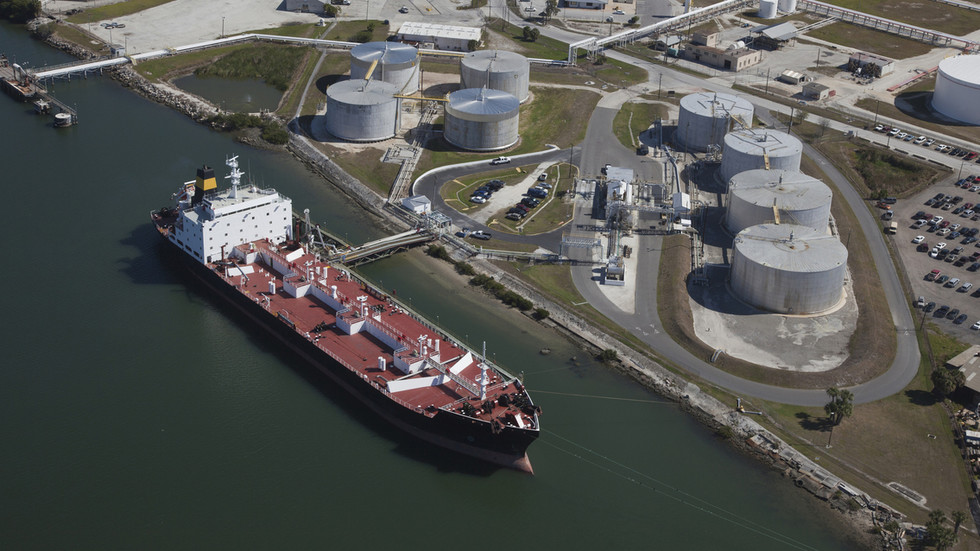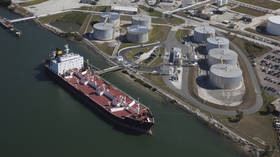
The same rule applies to the country’s crude, according to earlier guidance from the department

© Getty Images / rgaydos
Seaborne deliveries of Russian petroleum products that are ‘substantially transformed’ outside Russia will not be subject to a price cap, the US Treasury Department said in preliminary guidance on the measure on Friday. The cap on Russian oil products is set to come into force on February 5.
In order to be exempt from the price limit, Russian oil products must undergo one of a number of processes abroad, according to the document. These include distillation, thermal or fluid coking, catalytic cracking, hydrotreating, de-waxing, as well as other refinery processes involving chemical transformation, separation, conversion, or treatment.
Previously published guidance confirmed that the same exemption applies to Russian oil if it undergoes deep refining outside of the country.
“Once Russian petroleum products or Russian oil are substantially transformed… in a jurisdiction other than the Russian Federation, they are no longer considered to be of Russian Federation origin, and thus the price cap no longer applies,” the document states.
It noted, however, that blending operations, including gasoline, distillate and crude blending, would not be considered “substantial transformation” and therefore oil products resulting from them would still be subject to the price cap.
The US Treasury Department has not yet provided specific figures for the price cap on Russian oil products. The price ceiling on Russian oil was set at $60 a barrel, but may be revised depending on market conditions.

It was introduced by the EU, the G7 countries, and Australia, and came into effect on December 5.
Earlier this week, Russian President Vladimir Putin signed a decree banning the supply of oil and petroleum products under contracts that apply or even mention the price cap. According to Deputy Prime Minister Alexander Novak, Russia is ready for a partial output reduction that is expected as a result of the measure. Novak expects output to drop by between 500,000 and 700,000 barrels per day, or between 5% and 7% of the total production volume.
For more stories on economy & finance visit RT’s business section




